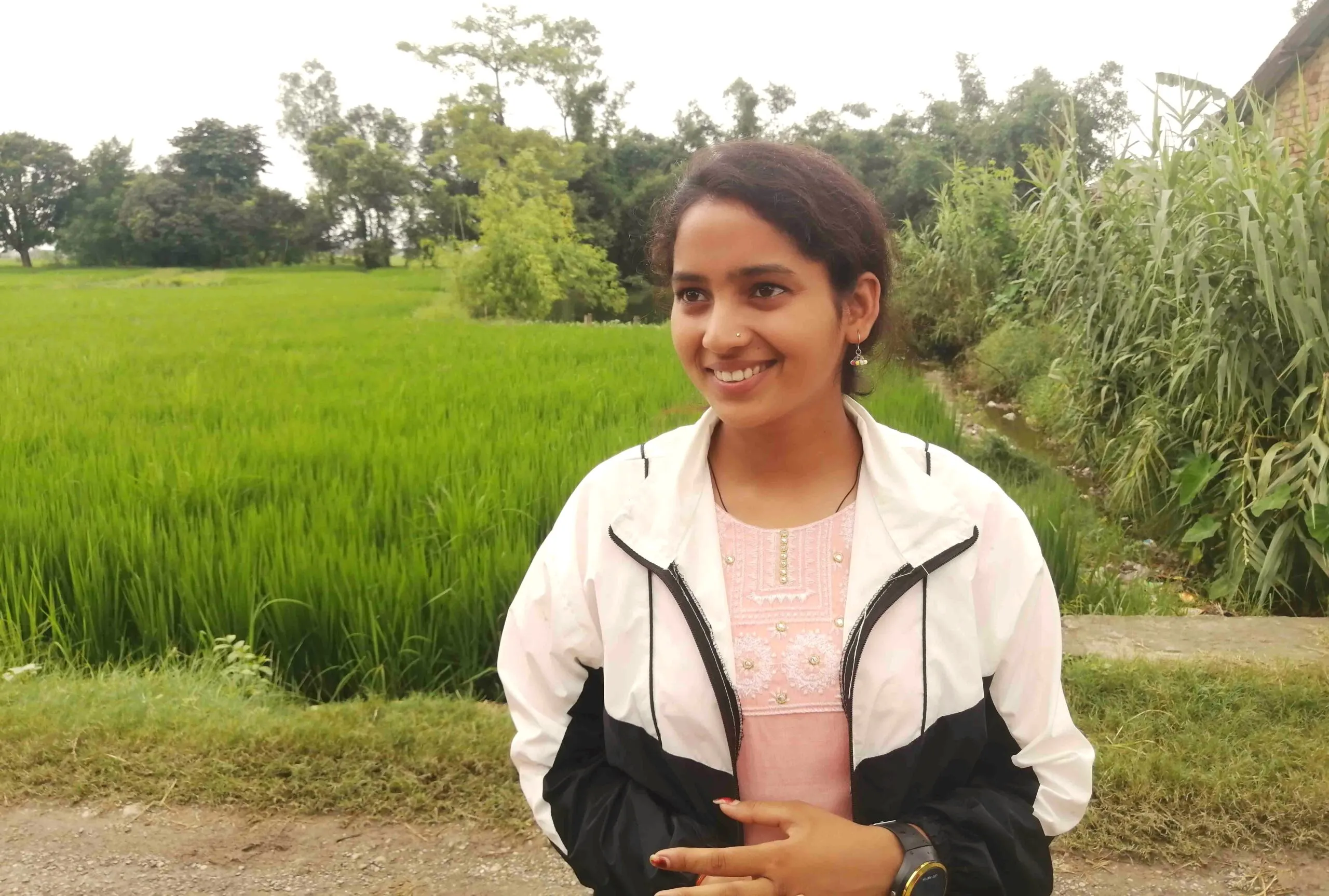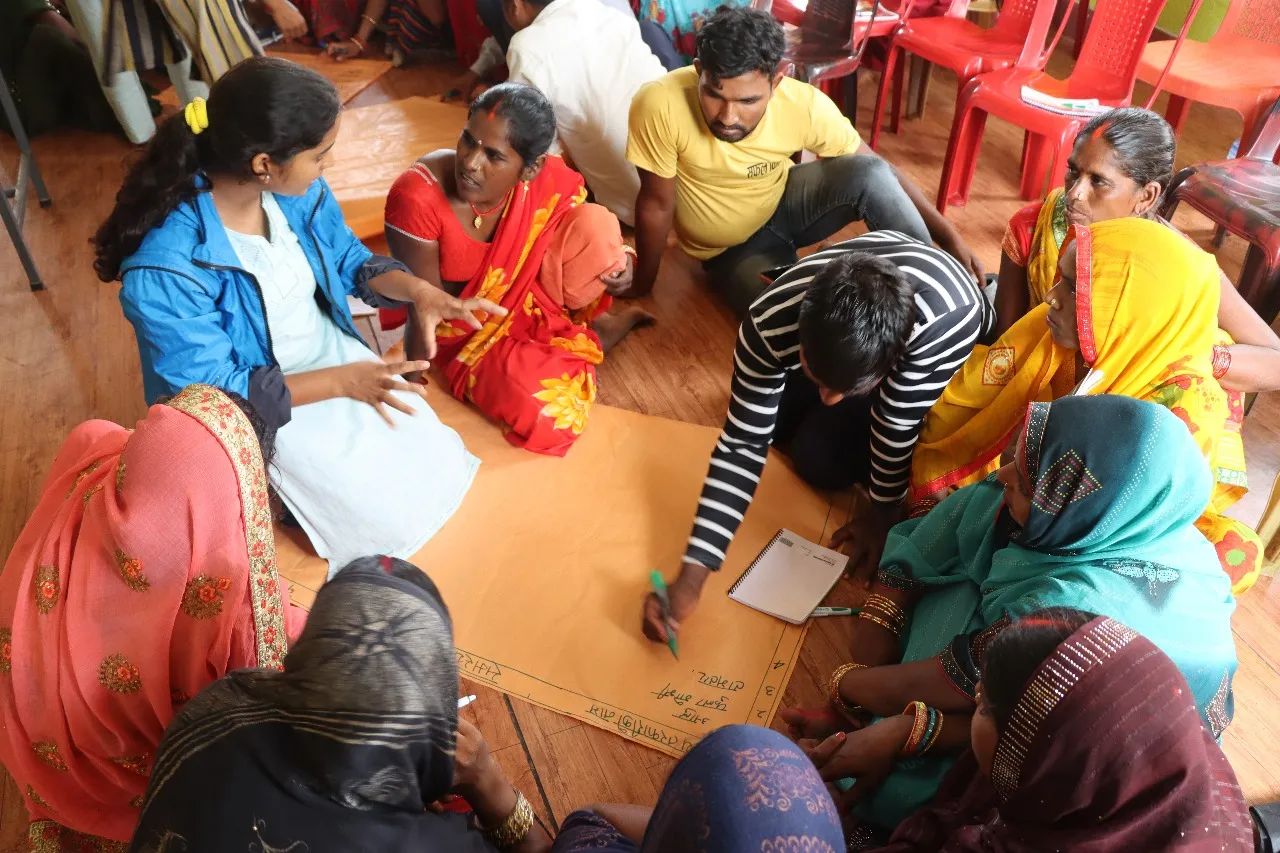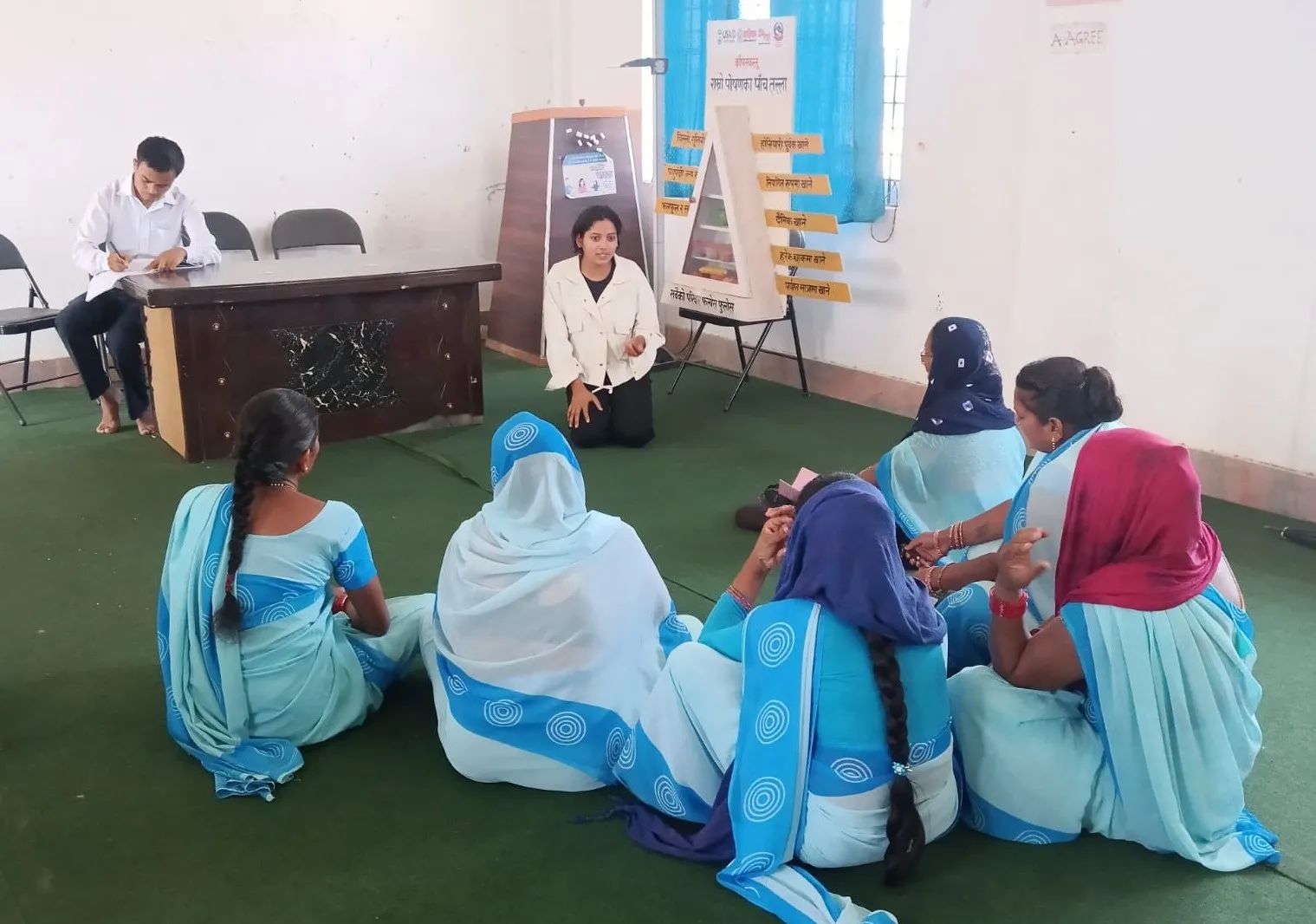“We tried to convince her parents. But they were adamant,” Sheshmati says. “They also complained about me to my teachers and parents. My education was at stake. In the end, we could not stop that marriage.”
Though in theory, women under the age of 20 are prohibited from marrying under Nepalese law, the reality is far from this ideal. Sheshmati works as chairperson of a Girls Rights Forum formed under CARE’s Tipping Point program, leading work to prevent child, early, and forced marriage, which is widespread.
“Often,” she says,“ girls are forced to marry even at the age of 10 or 12.”
The United Nations estimates that Nepal is home to five million child brides. Of these, 1.3 million are married before age 15, and the prevalence of child marriage among girls is 3.5 times higher than that of boys.
Women and girls are often believed to be inferior to men and boys in the country where a quarter of population live on less than $1.25 a day. These societal norms lead to early, child, and forced marriage to seem like a viable option for families and communities.
“The girl is now faced with multiple health complications because of early pregnancy and childbirth,” Sheshmati says, reflecting on the case she lost. “I was deeply disheartened by the incident, and it became a personal commitment to put an end to child marriages.”
Sheshmati now works with CARE’s Tipping Point program, which supports nearly two thousand adolescent girls in western Nepal through mentoring and coaching for community-level actions.
Girl Rights Forums (GRF) are one of the program’s many platforms that come together at different community levels – ward, municipality, and district.
Usually, Sheshmati says, there are “15 to 25 participants who usually meet once a month.”
The Forums focus on amplifying girls’ voices to end child marriage and increase girls’ access to public services, including education and health.
“When we have our monthly meeting, we discuss issues such as child marriage, violence against women and girls, girls’ education and devise plans to address the challenges,” Sheshmati says.
To generate awareness about child marriage — and to kickstart girl-led actions — Sheshmati and her team collaborate with local administrations, community members, and like-minded local and national networks.




